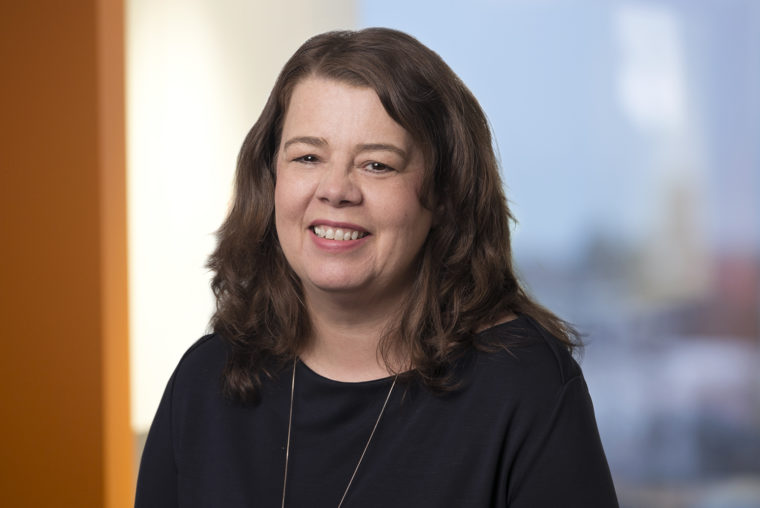Man as a social being
Belonging to groups is a big part of human life. Our need to belong varies from person to person, i.e. which groups we want to belong to and how strongly we want to connect with each group. But why is this need so strong?
Since time immemorial, humans have lived in groups. Different roles that were created within groups provided humans with both physical and emotional protection, and influenced the formation of identity and well-being. In ancient societies, belonging to a group was essential to feel safe, to feed, to care for young, and to protect ourselves from enemies. It can be said that the fear of rejection from the group has actually helped us survive, both as individuals and as a species.
Today, we group ourselves into groups in various ways, we are in running groups, reading clubs, sports clubs and identify with certain neighborhoods or regions of the country. Many of these groups are formed in childhood or through our schooling, where we meet new people and build our network.
Immigrants do not have the same background, which makes it more difficult for them to form networks. In some cases, the workplace is even the only point of contact for immigrants with Icelandic society. Therefore, it is important to consider how large a role workplaces play in the formation of modern society?
Multiculturalism or multiculturalism
Multiculturalism and multicultural society are terms we often hear, but the discussion about them is often negative. A multicultural society refers to a society where different cultures and nationalities not only live together but also share culture, values, and traditions. This creates valuable connections between different groups, which increases understanding and empathy and has a flourishing effect on the work environment . However, when we feel rejected or we get the slightest hint that we don’t belong, it can lead to a fear response in us. Who hasn’t thought: “Why wasn’t I invited?” after seeing pictures of friends on social media? Although it is not essential for us to belong to a certain group, rejection can lead to discomfort that can be said to be a certain legacy from our ancestors. Experiencing rejection can thus contribute to the formation of a multicultural society , where different cultural groups live together, often without much togetherness or connection. This can lead to the isolation of groups and have negative consequences for the work environment and society as a whole.
Inclusion in the workplace
By having diverse and multicultural workforces, companies need to consider their social responsibility and consider how best to promote inclusion. We are not only creating a workplace culture, but also contributing to a better society.
But can companies do anything to promote the integration of foreign workers?
- First and foremost, education is essential. It is important to educate both employees and managers about onboarding to prevent unconscious bias and to raise awareness. It is also useful to use education to introduce Iceland and the Icelandic work environment to our foreign employees.
- Icelandic language teaching and encouragement to learn the language is also important.
- Creating support groups in the workplace can be effective. By creating groups where minorities can discuss common interests, we strengthen networks and promote better collaboration. These groups can work on joint projects that contribute to the company’s strategy.
- It is important to consider our work environment. How do our employees feel, is there equal access for everyone, and do everyone have the same rights?
- It is important to observe employee feedback and listen to their suggestions for improvements. It is equally important to take note of those suggestions and act on them.
- You can review your onboarding policy and even hire an onboarding manager who works alongside your human resources manager on projects to ensure the policy is implemented.
- It is also a good idea to examine whether there is internal class division in the workplace and take action.
- Last but not least, it is necessary to ask ourselves how we view the people we work with, are they colleagues or just a workforce?
Creating a healthy workplace is in our hands, creating an atmosphere where all employees feel good and belong, have an impact and feel proud. Given the national debate, it seems that we are heading towards multiculturalism rather than multiculturalism, and so it is important to look inward and see that although we cannot go back and change the beginning, we can start today and influence how things develop.
In that context, the words of C.S. can be quoted. Lewis “You can’t go back and change the beginning, but you can start where you are and change the ending”.
What kind of workplace do you plan to create?

